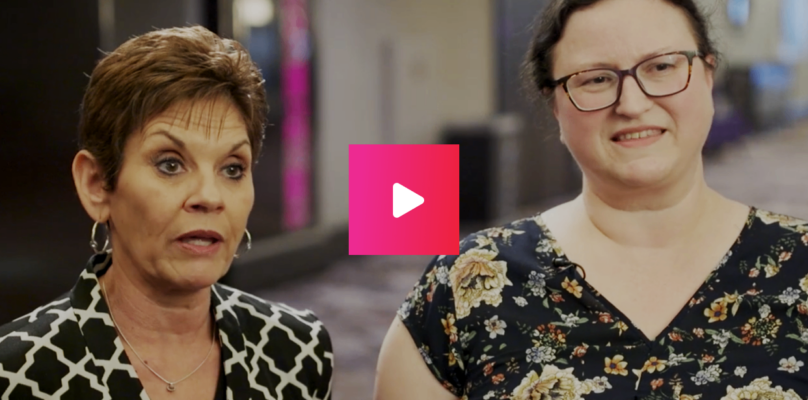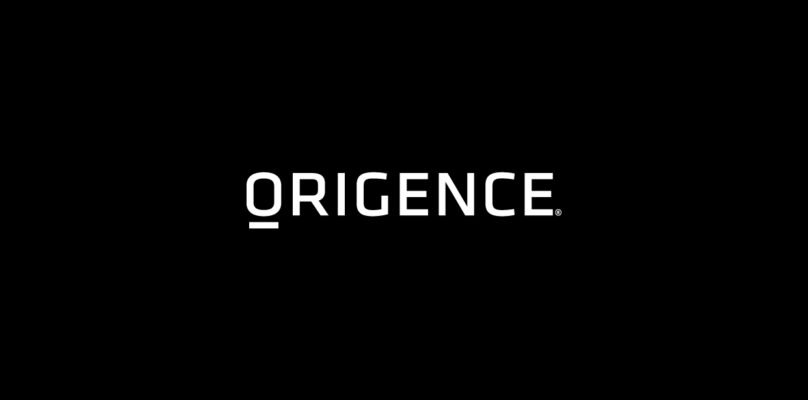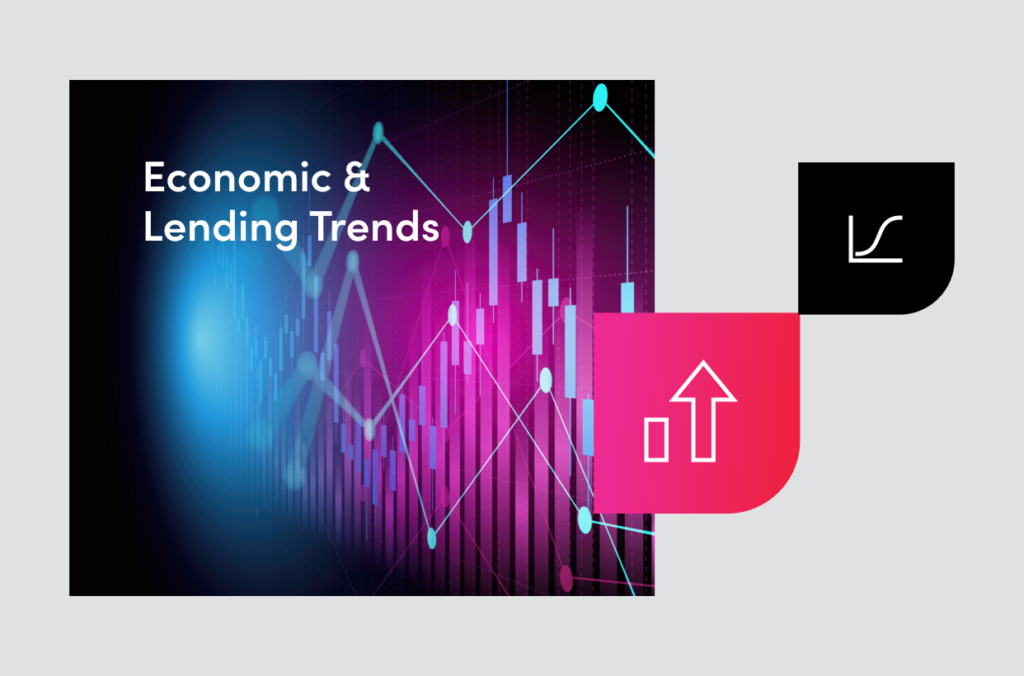Credit unions should expect the U.S. economy to “pause and pivot” in 2023. That was the message from Dr. Elliot Eisenberg, president and chief economist for GraphsandLaughs LLC, during a recent webinar hosted by Origence.
Before Eisenberg presented his latest economic forecast, David Adams, SVP Lender Client Experience for Origence, reported that 2022 was the best year ever for the company. Collectively, CUDL credit unions were the No. 1 auto lender in the country, ahead of Capital One Auto Finance and Toyota Financial Services.
Eisenberg said the economy was doing “okay” as of the date of the webinar (Jan. 26). The Q4 GDP numbers had been released that morning showing 2.9% growth, following Q3 growth of 3.2% – a reasonable comeback after the first half of 2022 saw negative GDP growth.
Despite the two consecutive quarters of growth, and a “spectacular” labor market, credit union lenders should take heed of numerous indicators that predict a slowing of the economy is coming in 2023, Eisenberg said.
It might be hard for many people to believe a recession is coming, he continued, given the strength of the employment picture. However, he explained, as the Federal Reserve Board continues its war on inflation by raising interest rates, the overheated job market is seen as a negative, not a positive.
“For the past two weeks, new unemployment claims have been ridiculously, obscenely, comically low. That alone has given the Fed permission to raise rates at their February 1 meeting.”
Dr. Elliot Eisenberg
Household consumption is the largest component of GDP. Other than a dip related to COVID-related business shutdowns starting in March 2020, it has remained “very strong,” Eisenberg reported, due in no small part to the fact that so many people have jobs.
One leading indicator closely watched by economists is retail sales – and the numbers for November and December were “lousy,” Eisenberg assessed. This includes attendance at bars and restaurants, which “plummeted,” he said.
“This is suggestive that real personal consumption is beginning to reverse. Household balance sheet jumped by $40 trillion in seven quarters thanks to stimulus checks, low-interest rates, and rallies in bond and stock markets. But balance sheets have been falling for three straight quarters and are down $7 trillion from the peak.”
Dr. Elliot Eisenberg
Savings rates also have been falling as real income declines thanks to rising inflation. Total credit card balances are rising. With interest rates rising, and unemployment expected to increase in the months ahead, the economy will take several hits.
“The Fed wants to increase rates to slow wage increases. There are some indicators inflation is slowing. The price of oil is down, and the cost of a new or used car is getting cheaper. Supply chains are getting fixed. The cost of shipping goods from China to the U.S. is back to where it was before COVID.”
Dr. Elliot Eisenberg
The manufacturing sector entered a recession a few months ago, which Eisenberg said does not necessarily act as a harbinger of a national recession. More importantly, however, the service sector is starting to…”
Want to read the rest of Dr. Elliot Eisenberg’s research and analysis? Register for the free on-demand webcast below, and don’t miss out on additional complimentary assets from Origence that can help your lending program thrive.
On-Demand Webcast Registration: Driving Better Lending Performance Through Point of Sale
- On-Demand Webcast: The Economy in 2023: Hiking, Pausing, then Pivoting
- Complimentary eBook: Lending Tech Trends: An essential guide for credit unions
Check out our 2023 Webcast Calendar for upcoming exciting webcasts!




